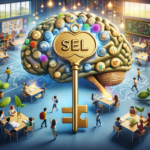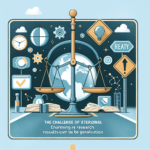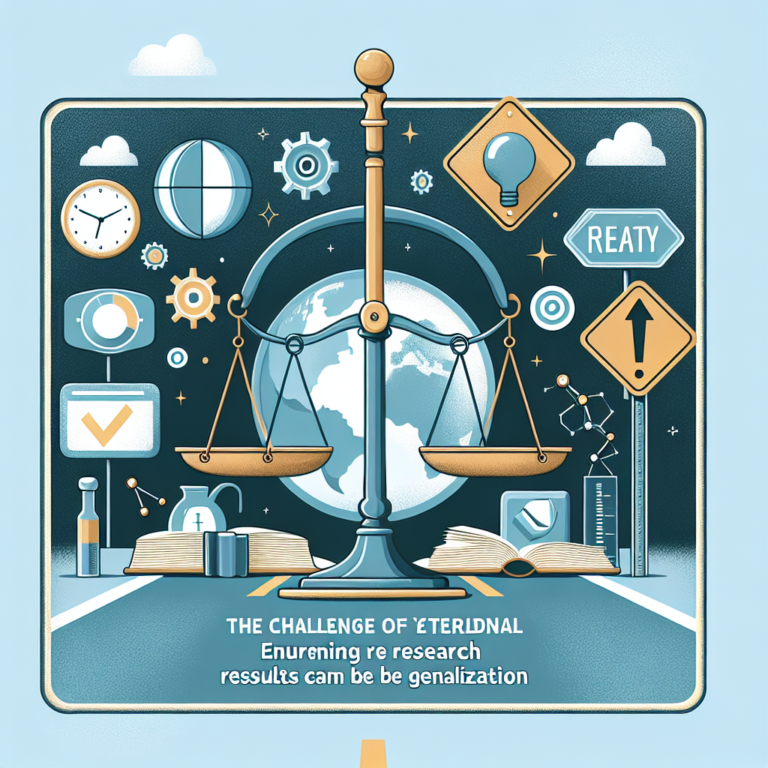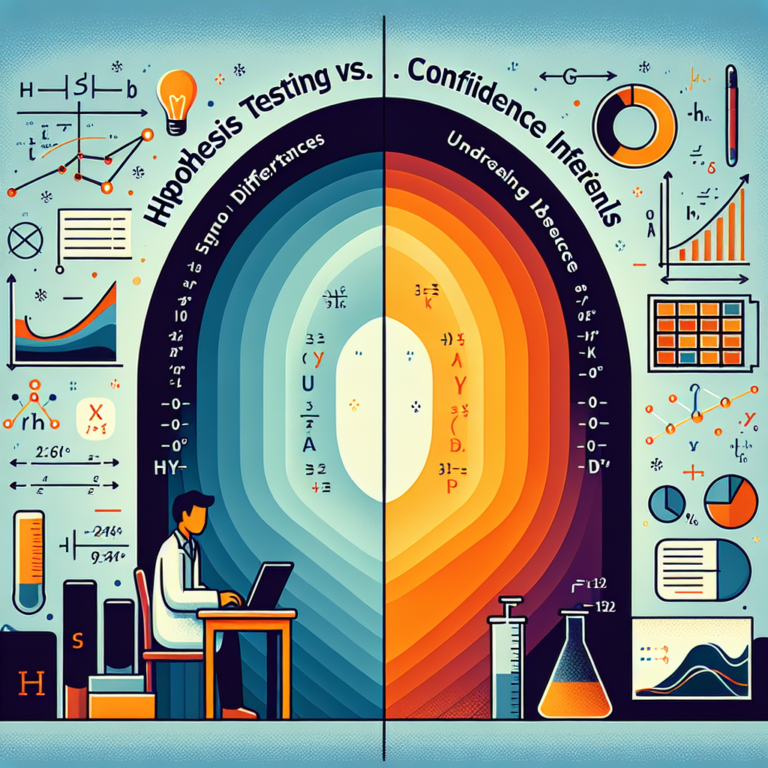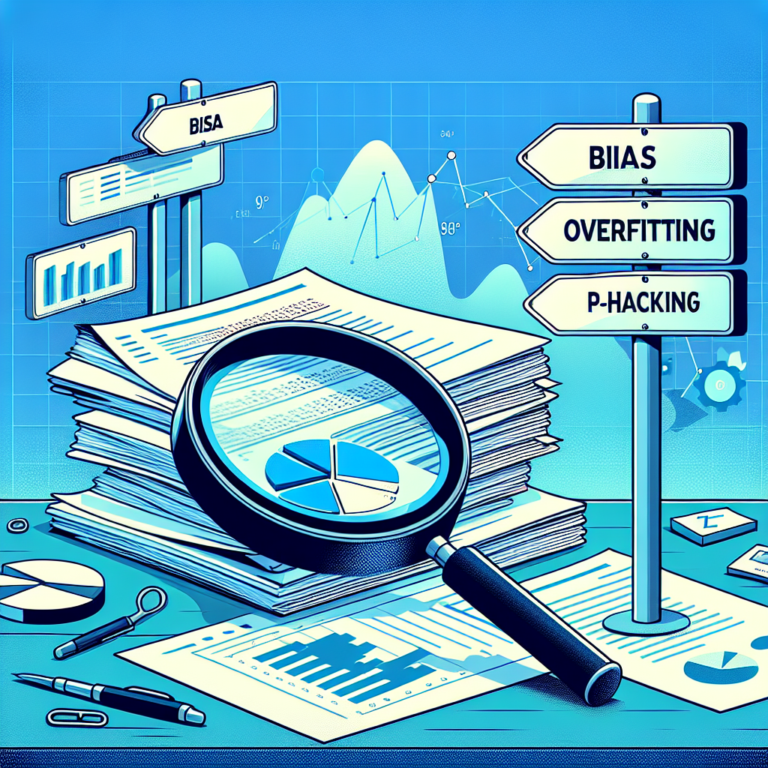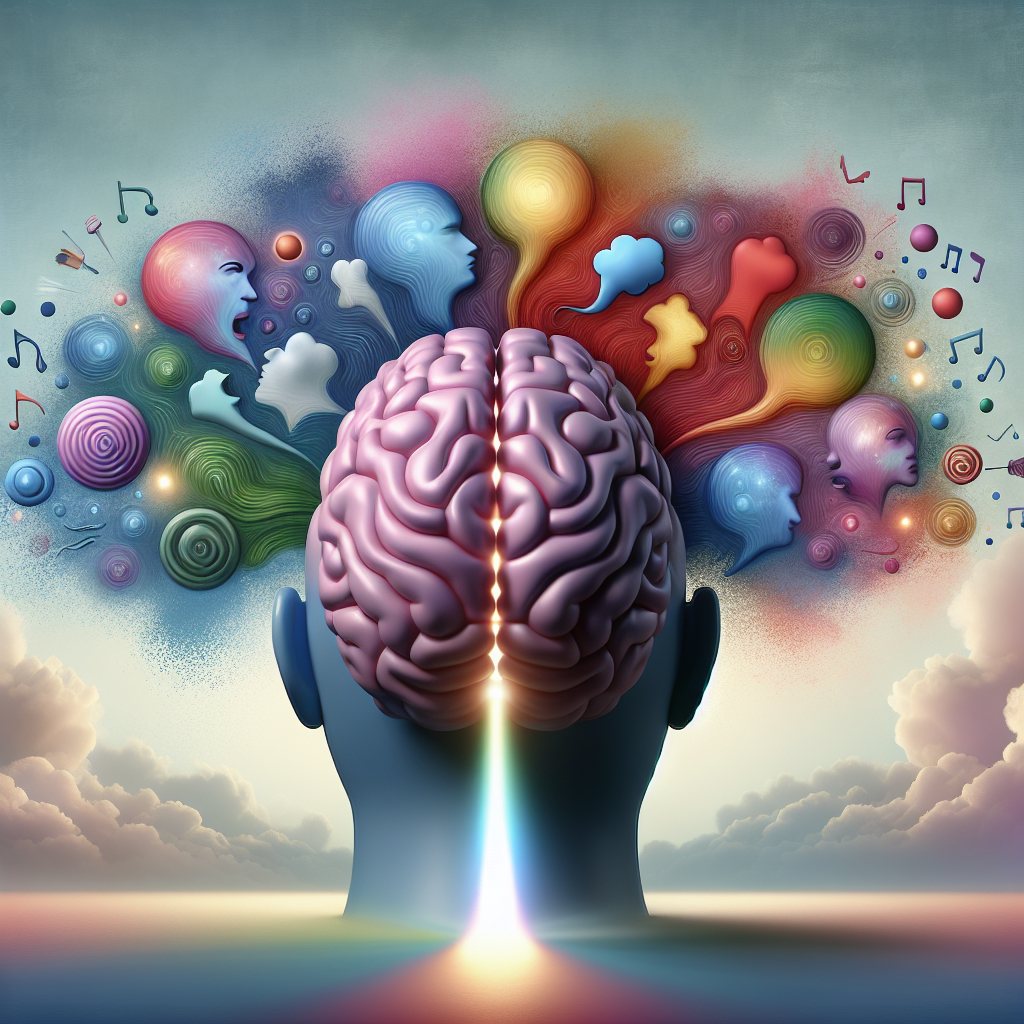
Introduction
In today’s fast-paced world, where distractions are omnipresent, focusing the mind is more critical than ever. With constant notifications, multitasking, and a barrage of information, the ability to concentrate has become a rare skill. Divided attention hampers productivity, dilutes our creativity, and can even affect our mental well-being. Thus, understanding Focusing the Mind: Strategies to Combat Divided Attention is not just beneficial; it’s essential for achieving success in both personal and professional life.
Imagine you’re at work surrounded by ringing phones, buzzing emails, and colleagues chatting. Each distraction pulls you away from the task at hand, leaving you frustrated and overwhelmed. The consequences can range from missed deadlines to decreased quality in your work. However, with the right strategies, you can sharpen your focus and enhance your productivity, becoming the master of your attention zone. In this article, we will explore effective methods to reclaim concentration, backed by scientific research, real-life case studies, and actionable insights.
Understanding Divided Attention
What is Divided Attention?
Divided attention refers to our ability to distribute our cognitive resources across multiple tasks simultaneously. While our brains are remarkably adaptable, they are not designed for optimal performance when multitasking. Each time you switch between tasks, the mental effort can lead to reduced efficiency, errors, and increased cognitive load.
The Science Behind Attention
Studies show that our brains process information in a linear fashion. According to research published in the journal Cognitive Psychology, our attention can be easily shifted, leading to lapses in memory and performance. Professor David Meyer of the University of Michigan found that multitasking can slow performance by as much as 40%. Understanding these mechanics is crucial in recognizing the importance of focusing the mind.
The Toll of Divided Attention
The modern workplace is particularly guilty of promoting divided attention. A survey by the American Psychological Association found that 47% of individuals report feeling overwhelmed by the amount of information they receive daily. This not only leads to stress but can also adversely affect your mental health.
| Impact of Divided Attention | Consequences |
|---|---|
| Increased Stress | Anxiety and burnout |
| Reduced Productivity | Missed deadlines |
| Impaired Decision Making | Poor judgment |
| Lower Quality of Work | Increased error rates |
| Decreased Creativity | Lack of innovative thinking |
By understanding the negative impacts of divided attention, you’re already on the right path towards implementing effective strategies for improvement.
Strategies for Focusing the Mind
1. Prioritize Tasks with the Eisenhower Matrix
Utilizing tools like the Eisenhower Matrix can help you categorize tasks based on urgency and importance, enabling more focused attention.
- Urgent and Important: Do these tasks immediately.
- Important but Not Urgent: Schedule them for later.
- Urgent but Not Important: Delegate these tasks if possible.
- Not Urgent and Not Important: Eliminate them.
This strategy encourages you to focus first on what truly matters, combating the urge to multitask by clarifying your priorities.
2. Implement Time Management Techniques
Pomodoro Technique
The Pomodoro Technique, developed by Francesco Cirillo, breaks work into intervals (typically 25 minutes), separated by short breaks. This can be incredibly effective for enhancing focus.
- Why it works: Short bursts of concentrated work reduce fatigue and maximize productivity.
| Pomodoro Steps | Duration |
|---|---|
| Work on a task | 25 minutes |
| Short break | 5 minutes |
| Repeat | 4 times |
| Long break | 15-30 minutes |
3. Create a Distraction-Free Environment
Your environment plays a crucial role in your ability to concentrate.
- Declutter Your Workspace: A clean, organized space can help clear your mind.
- Use Noise-Canceling Headphones: Whether it’s calming music or silence, reduce auditory distractions.
- Limit Digital Interruptions: Consider apps that block distracting websites during work hours.
4. Practice Mindfulness Meditation
Mindfulness meditation is increasingly recognized for its capacity to improve focus and cognitive performance.
- Case Study: A study published in Psychological Science showed that participants who engaged in mindfulness training demonstrated improved attention and memory.
Key Techniques:
- Start with just a few minutes a day, focusing on your breath.
- Gradually increase the time, allowing your mind to train itself to concentrate for longer.
5. Employ the Two-Minute Rule
The Two-Minute Rule suggests that if a task takes less than two minutes to complete, do it immediately. This can minimize distractions caused by procrastination and helps keep the focus sharp.
6. Regular Breaks and Physical Activity
Incorporating regular breaks and physical activities can rejuvenate your mind.
- Example: Researchers indicate that short physical exercises can increase blood flow to the brain, enhancing cognitive functions.
Incorporating a simple stretch or a few minutes of walking can work wonders for your focus.
7. Set Clear Goals
Having a clear set of goals can lead to improved attention. Define SMART (Specific, Measurable, Achievable, Relevant, Time-Bound) goals for your work.
- Case Study: A marketing team that established clear quarterly goals reported a 30% increase in productivity due to better focus and alignment among team members.
8. Limit Multitasking
Contrary to popular belief, multitasking often leads to increased errors and decreased productivity. Instead, focus on one task at a time to improve your performance and quality of work.
9. Use Visual Aids
Charts, graphs, and other visual aids can help you make sense of complex information and maintain focus.
- Example: Color-coded calendars can help in scheduling while providing visual stimulation that keeps the mind engaged.
Conclusion
In a world filled with distractions, Focusing the Mind: Strategies to Combat Divided Attention is vital for maintaining productivity, creativity, and mental health. By employing these strategies, you can reclaim your attention and enhance your performance across various aspects of life. The path to focus involves understanding your internal and external challenges, setting priorities, and practicing techniques like mindfulness, time management, and environmental modifications.
Take these insights, begin your journey toward better focus today, and watch as your productivity and creativity flourish!
FAQs
1. What is divided attention, and how does it affect productivity?
Divided attention refers to the ability to spread cognitive resources over multiple tasks. It often results in decreased efficiency, increased errors, and overall stress.
2. How can I improve my concentration while working from home?
Establish a distraction-free workspace, practice time management strategies like the Pomodoro Technique, and set clear daily goals.
3. What are the benefits of mindfulness meditation?
Mindfulness meditation improves focus, enhances cognitive performance, reduces anxiety, and fosters emotional well-being.
4. How can I limit distractions from digital devices?
Use apps and browser extensions that block distracting websites, turn off non-essential notifications, and designate specific times for checking emails.
5. Is multitasking beneficial for productivity?
Research shows that multitasking often leads to decreased performance and increased error rates. Focusing on one task at a time is generally more effective.
By applying these actionable insights, you can significantly enhance your focus and achieve your goals more effectively. Start today, and watch as your ability to concentrate transforms the way you work and live!

